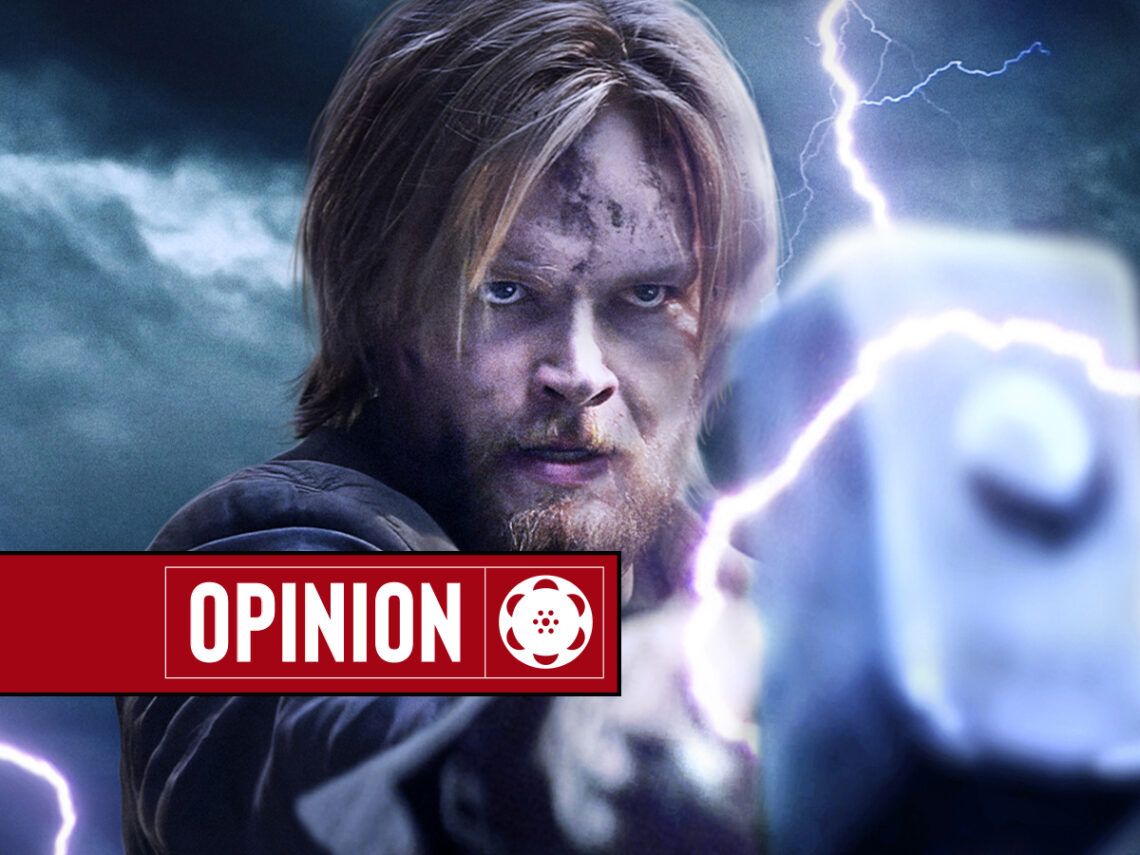When Adam Price’s Norwegian Netflix series Ragnarok premiered in 2020, it seemed like a promising addition to the fantasy genre, offering a modern twist on Norse mythology and environmental themes. The lockdowns happened shortly after its debut, and people binged the first season in hordes from the confines of their homes, leading to a surge in viewership numbers and two more seasons.
Like most shows we were forced to consume mindlessly during the pandemic, Ragnarok was not that good. But it had found its fanbase, who loved it enough to want to see the story get a decent conclusion. Then, the third and final season of Ragnarok was released this year, and most fans were left terribly disappointed. What began with the promise of godly bangs did not even end with a whimper. The stakes were never as high as hyped.
The main battle promised within the very title of the show, Ragnarok, all happened inside our protagonist, Magne’s (David Stakston) head. JK Rowling might as well have ended the Harry Potter series with “and then Harry woke up in his cupboard and realised it was all a dream.”
However, it was not just the series ending that was a letdown. Beneath the intriguing premise—a modern reimagining of Norse mythology set in the fictional town of Edda—Ragnarok has always been riddled with cringe-worthy moments, oddly paced storytelling, uneven writing, awkward dialogues, and even the CGI is somewhat shoddy.
The weird dance sequence in Ragnarok’s second episode of season one is absurdly hilarious because it takes itself so seriously. It is reminiscent of the most cringe-inducing moments in Twilight when the vampires are meant to seem threatening but appear far from it. In ‘541 Meters’, as a song plays in the Old Nordic language, the Jutuls and Laurits start strangely shimmying as their eyes turn yellow and their bodies contort in rigid ways. Ragnarok shares many similarities with the genre of teenage shows popular on Netflix, like Riverdale and Chilling Adventures of Sabrina, that are deliberately dark, oddly provocative, and forcibly edgy.
One of Ragnarok’s more glaring issues is its tendency to promise far more than it delivers. At first glance, it appears to be another run-of-the-mill teenage superhero origin story, with the protagonist, Magne Seier, discovering his newfound powers. He might be the reincarnation of the thunder god Thor, who has to save the world from the morally corrupt family of giants, often driven by their carnal desires. Yet, as the series progresses, it loses itself in a labyrinth of silly twists and turns.
The overreliance on gendered tropes in the show is particularly frustrating. The Jutuls have been around forever. Why do they adhere to gender norms? Why does Ran or Saxa put up with Vidar’s sexist domineering? It makes no sense. But you watch concerned as Ran is casually shown getting frisky with two minors, and of course, it is never mentioned again. But there are more issues with the basic story itself.
Environmentalism is introduced as a convenient crutch to kickstart the story but quickly becomes an afterthought for a significant portion of the series. Another frustrating aspect of Ragnarok is its reliance on the miscommunication trope. Many conflicts in the series could be easily resolved if the characters spoke to each other instead of exchanging moody glances or resorting to fisticuffs.
One of the most puzzling moments in Ragnarok season three is the off-hand revelation that Magne had schizophrenia as a child and a fascination with Thor comics. This revelation feels like a further attempt at a cop-out, but it turns out to be a misdirection that has confused enough viewers about whether Magne imagined everything.
Funnily enough, Ragnarok has also been criticised in its home country, Norway, for being “too Danish” and not incorporating the correct Norwegian dialect. The producers of the show are incidentally Danish.
Despite its numerous flaws, Ragnarok does have some redeeming qualities. It’s perfect for mindless binge-watching, especially if you have a moderate or heavy interest in mythology, especially Norse mythology. Even though most modern-day viewers often associate Thor and Loki with the Marvel superheroes, Ragnarok at least attempts to offer a different take, even though it does so in a clumsy manner.
